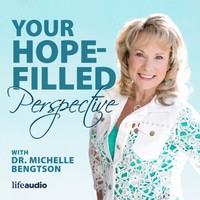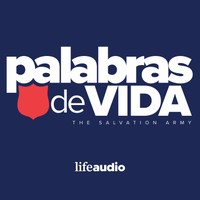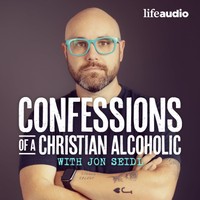Daily Devotional, November 29
November 29, 2010
Honey Dripping
read›
Psalm 19
They are more desirable
than gold, even the finest
gold. They are sweeter
than honey, even honey
dripping from the comb
(v.10).
In Eugene Peterson’s Eat This Book, he tells the story
of his 7-year-old grandson Hans who appeared to
be devoutly reading his New Testament as he sat on
a park bench. The boy’s eyes moved back and forth
across the pages of the Bible, denying the fact that he
had not yet learned how to read.
Similarly, we can consistently “read” God’s Word
without comprehending its message for our lives.
In Psalm 19:7-11, David lifts up the matchless wisdom of
God’s Word. He makes six statements about it, in which
each contains the phrase “of the Lord.” The title “Lord”
is from the Hebrew word Yahweh—the covenant name
of God. God is relational and He speaks to us in His
Word. David reveals this important truth about Scripture: It
proceeds from God Himself.
So the way we read the Bible is vital. Do we read it
merely for information, principles, or truths that we can
use to live better? Or do we read it in order to listen to
God and respond in prayer and obedience?
In Psalm 19, David also lists four qualities of the Bible
(perfect, trustworthy, right, clear), and the four results
of following its truth (reviving the soul, making wise the
simple, bringing joy to the heart, giving insight for living).
Notice that the whole person is affected—the soul, the
mind, and the heart.
No wonder David proclaims that God’s Word is “more
desirable than gold, even the finest gold” (v.10). Yes, Scripture is infinitely more
precious than anything this world has to offer. And it’s “sweeter than honey, even
honey dripping from the comb.” This imagery encourages us to savor God’s
Word, to eat the book and truly take in its life-changing, life-sustaining wisdom.
—Poh Fang Chia
more›
• Psalm 119:11
• 1 Peter 2:2
• James 1:22-25
next›
How do you read your Bible? What does it
mean to actually live out the wisdom we find in its
words?
Visit www.ourdailyjourney.com

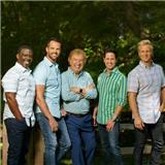
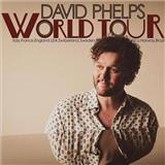
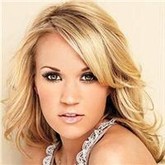


![David Phelps - O Holy Night [Live]](https://i.swncdn.com/cdn/160w/godtube/2012/04/09/397831-004.jpg)
![Gaither Vocal Band - Mary, Did You Know? [Live]](https://i.swncdn.com/cdn/160w/godtube/2012/08/31/413405-004.jpg)




